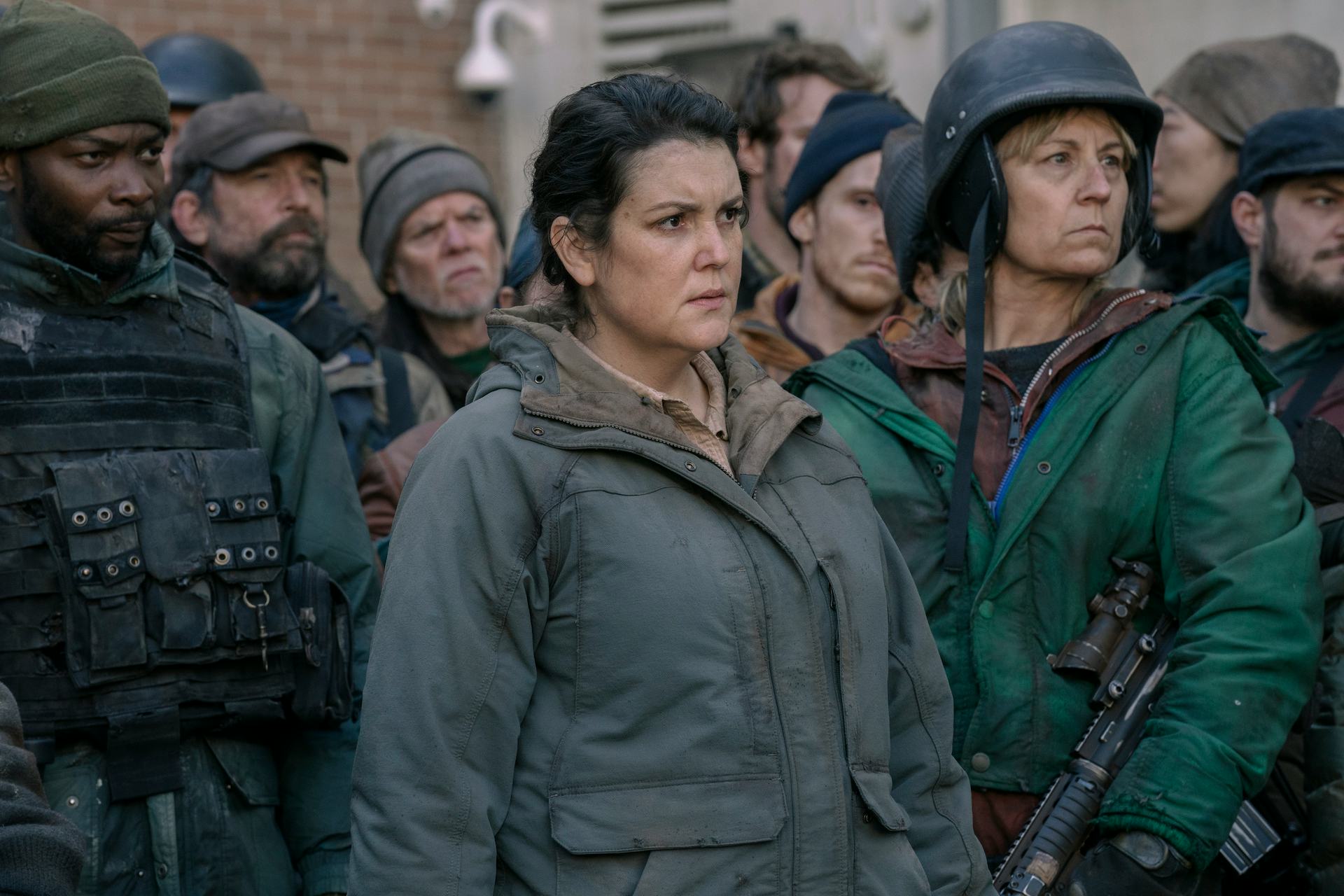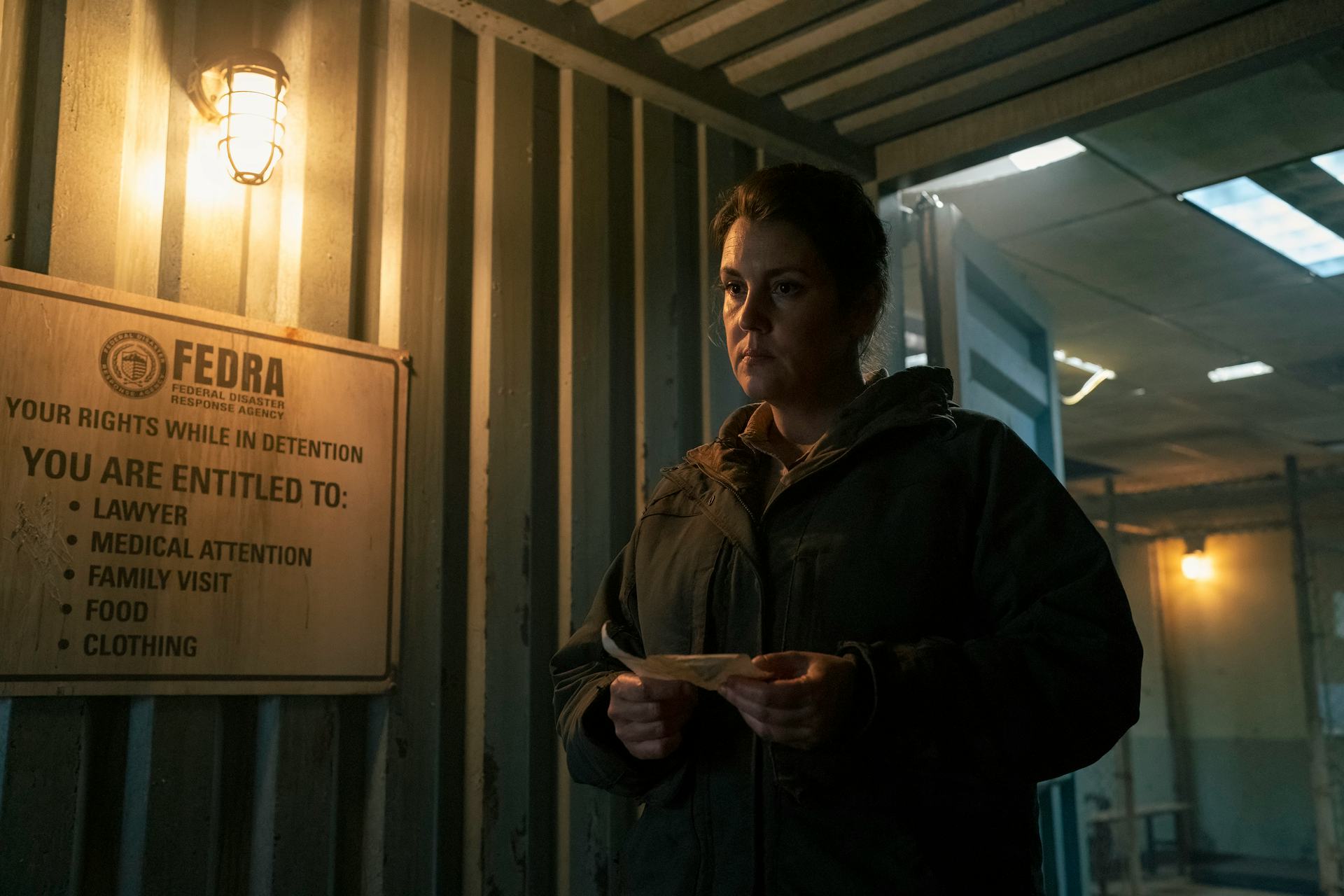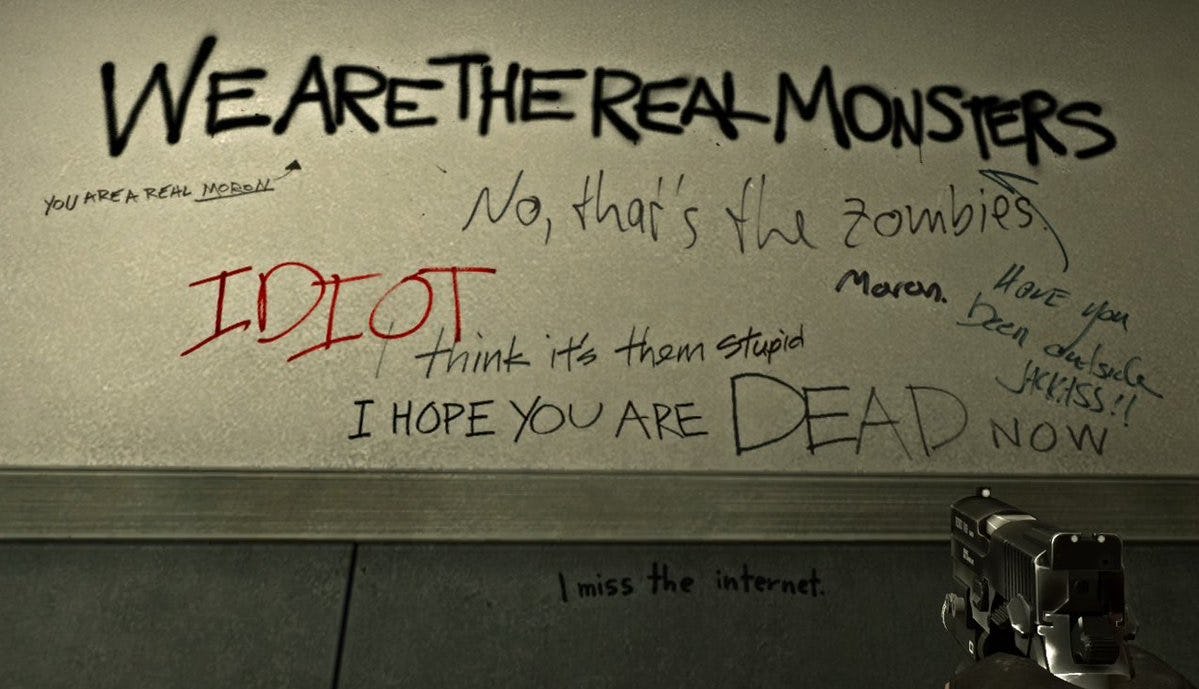
The Last of Us has always had a firm grasp on its themes. From the original game to its sequel to the HBO adaptation, key overarching messages are underlined across countless moments. The moral ambiguity of what we do to survive, the power of found family, and the importance of community ripple throughout the narrative.
But the biggest theme echoes throughout every confrontation and fight in the game, and it takes the spotlight in Episode 4 with a character unlike any other.
Episode 4 had a tall task ahead of it. After Episode 3, which divided fans with its standalone survivalist love story, the series needed a hefty dose of the violent, cynical, post-apocalyptic action that makes The Last of Us so interesting.
In order to re-establish the tone, the narrative leans into the biggest theme The Last of Us has: humans are the real monsters. In fact, there’s not a single Infected in all of Episode 4, as the terror comes exclusively from the survivors of the revolutionized Kansas City QZ.
Under the leadership of Kathleen (Melanie Lynskey), the city has overthrown FEDRA control but replaced it with an even more ruthless regime. In one key scene, we see Kathleen interrogate her family doctor in front of a poster outlining the rights of people detained by FEDRA, rights which she ignores. FEDRA’s tyranny is bad, but tyranny fueled by revenge is worse.

“Humans are the real monsters” is a common theme in media, especially zombie media. Just take a look at the latest sci-fi blockbusters. Avatar 2? Humans are the real monsters. Black Panther: Wakanda Forever? Humans are the real monsters. Even in Stranger Things, the supernatural element was only part of the threat, while the town of Hawkins posed its own problems.
The Last of Us game never shies away from this trope, with Bill flat-out explaining, “The infected are bad, but at least they're predictable. It's the normal people that scare me.” But there’s a difference between re-inforcing a trope and actually exploring it, and The Last of Us thankfully opts for the latter.
As a result, you don’t notice the lack of Infected in Episode 4. Instead, what Joel and Ellie encounter as they hide in the city is just as terrifying and bloodthirsty. Again, it’s an old trope, but it changes with the inclusion of Kathleen, and later Henry and Sam. The game may argue that humans are the “real monsters,” but the show is planning to actually demonstrate why they’re acting and thinking the way they are.

You may roll your eyes at The Last of Us pounding home the same message that countless zombie stories before it already have, but it all comes down to the execution of the idea. The line between a tired trope and a compelling theme is a thin one, but The Last of Us Episode 4 shows it can still be walked.
The Last of Us Episode 4 is now streaming on HBO Max.







